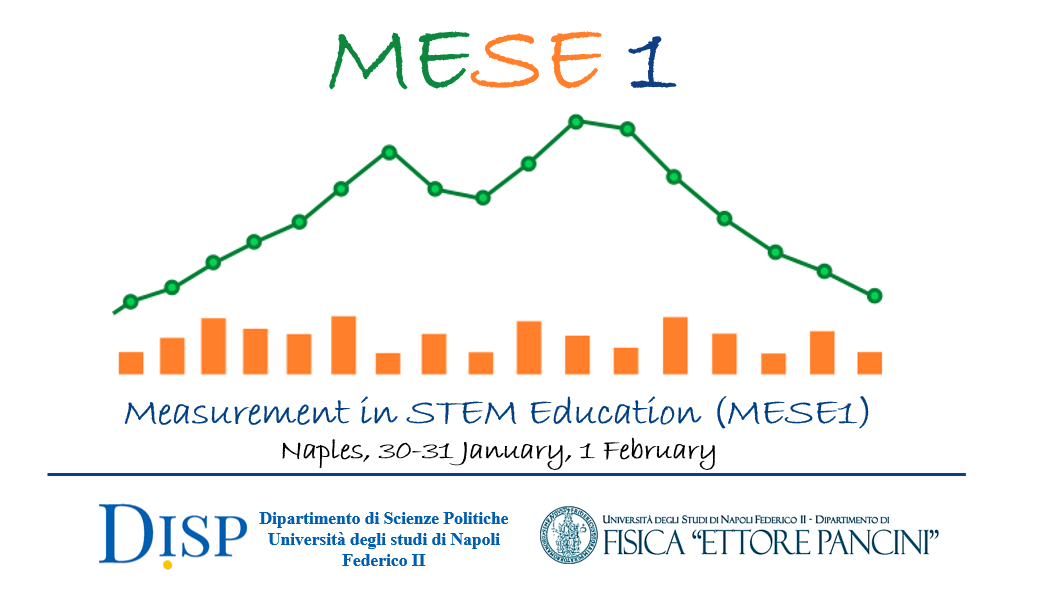Speaker
Description
Amongst the extensive research conducted in the context of gender gaps in educational context, an issue that is frequently examined is the role of pre-university education and of the study of STEM subjects, in particular mathematics. The impact of how this discipline is taught, along with the relative attitudes to and interest in this subject, seem to be the main factors pushing young people, and girls in particular, away from the study of STEM subjects.
In Italy several studies have been conducted to investigate the gender gap in mathematics using standardized large-scale data from INVALSI tests.
The presentation will discuss a review on recent learning results in mathematics of young Italian students both in a cross sectional context and in a longitudinal perspective.
For cross-sectional data the focusing on the differences in top and low performances may confirm or not whether the gender differences are more evident within groups of students characterize by different achievement level.
The cross-section analyses provide only snapshots of the level of competencies acquired at a specific grade in a given year. On the contrary, a longitudinal approach could evaluate how the performances change over time.
Besides, INVALSI makes data available including not only the test responses, but also a set of variables dealing with socio-demographic and economic characteristics, the educational path and, for some grades, student self-reported information about individual and emotional aspects. In the literature, an interesting issue deals with the emotional aspects induced by the test administration. The emotional component behaviour can partially explain the gender gap performance.
The results of the illustrated studies offer room to enrich the debate around the international recommendations to promote gender equality in education by ensuring equal opportunities in making educational choices between boys and girls and making the study of STEM subjects equally inclusive and attractive

